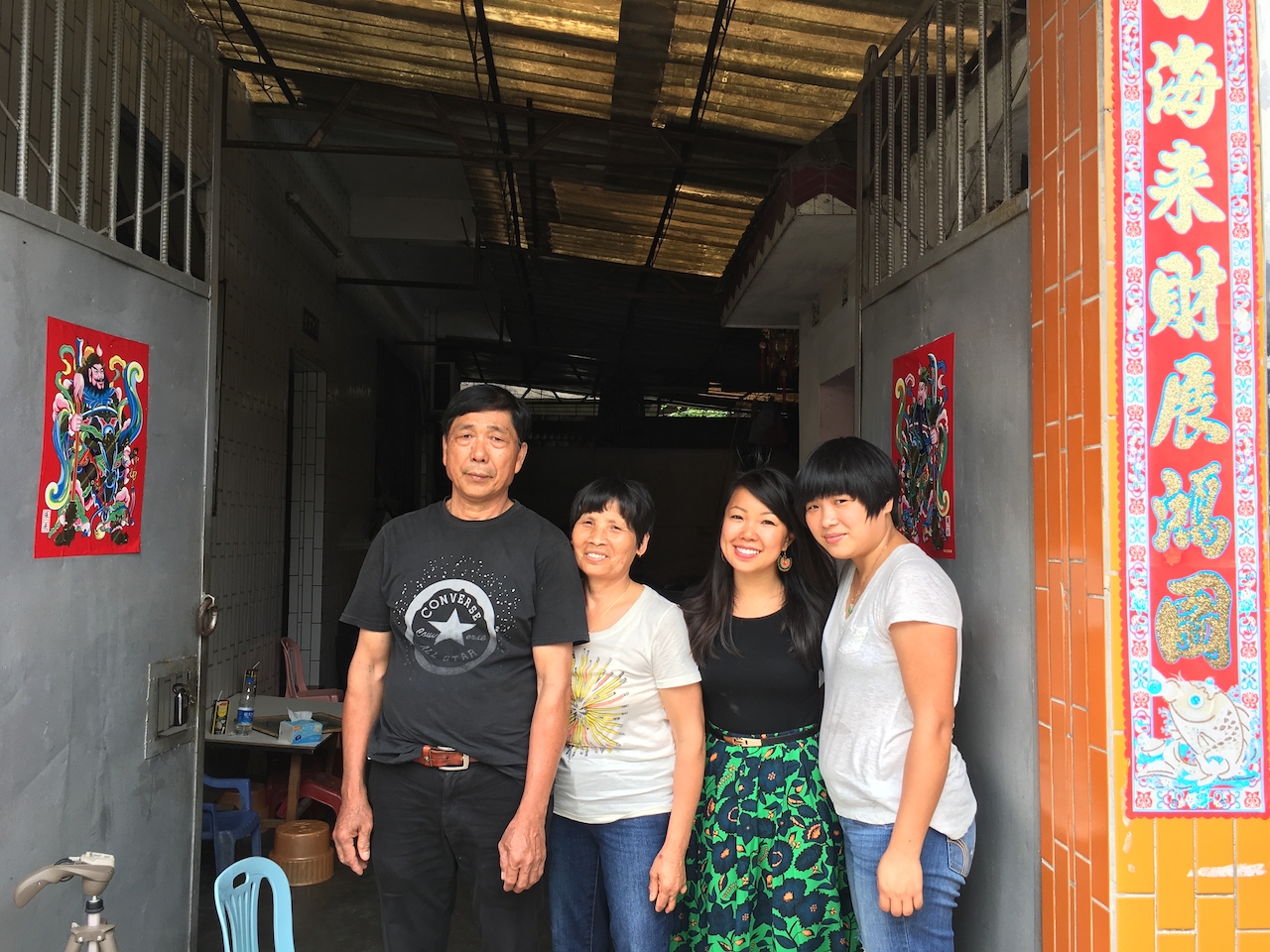“Have you called Ha yet?”
It was a persistent reminder my Dad would slip in every time I phoned home. Ha was a distant cousin from my mother’s side that my father had connected with in his research to support my ancestry trip. She’d graciously offered to spend some time with me in exploring the Panyu (番禺区) region of Guangdong, where my mother’s side of the family hailed from.
“No, I haven’t. I’ll get to it.” My replies tinted in procrastination. Until now, I thrived on complete spontaneity: hopping onto bicycles, meeting strangers in remote towns, and losing myself in a different Chinese city every other day. But if I was honest with myself, there was something more that put me off from taking next, practical steps: the dread of having to communicate logistics in Cantonese. I have terrible Cantonese, and I hate being thrown into situations where I’m not able to fully able to articulate myself.
Inevitably, I knew I’d have to pick up the phone to coordinate our much anticipated meeting.
We managed to peg a date and time, though I was nearly certain I’d mucked it up until Ha’s car showed up. I’d decided to bring on a translator to ensure that the experience would be the most fulfilling for two relative strangers (pun intended) to communicate and connect.
Ha picked up our mini entourage from the bus station. Her friendly, bouncy demeanour put me at ease. Perhaps she was just as nervous as I was?
Looking back on the day of our first meeting, I wish I could have told myself (or anyone else facing a similar situation) the following:
1. Relax
This is family. No one is going to judge you for butchering names or coming up short on your Chinese vocabulary. I spent the whole morning using the wrong tone referring to my relative “Ha” – and basically called her a shrimp… all..day..long. We laughed about it later.
2. Be open, and completely present
As a rabbit in the Chinese Zodiac, I have a tendency to bite off more than I can chew. But all the grand plans I had to photograph/video and document the experience were thwarted by me wanting to simply absorb everything happening for the first time. It’s hard to be both the first and third person. Give yourself the space to just let go and be present, and leave the photography to someone else (in this case, my translator and my friend). At the end of the day, the feelings and the memories are what’s important.
3. Come with questions
You will be inundated with information, anecdotes, passing comments and enough stories to fill an entire encyclopedia of your family history. It’s helpful to have a few questions in hand to help guide the conversation, and it also helps your host relatives narrow down an itinerary. As someone who loves to ask questions, I was armed with my list (a few which I’ve included below), but it’s also important to keep an open mind and be willing to take off in a completely different direction (see point 4) as the day unfolds:
- How has this neighbourhood changed over the years? When and why did people start emigrating?
- What do you remember of this family/person/relative?
- What sort of family traditions does your family have?
- What does a typical day look like for you?
- What sort of dreams and goals do you have for the future?
- What message would you want to share with your family outside of China? (e.g. my cousins and siblings back in Canada)
4. Be prepared to go off-course
While my cousin had a couple destinations planned for our day together, our spontaneous chatter would ignite new suggestions on the fly (“Do you want to see this nearby town that was used as a film set recently?”, “I think there’s an old water well around the corner… want to see?”, “It’s hot. Do you want to try some street-side sweet tofu dessert?” My answers: Yes, yes and YES). It’s these less structured activities where you’ll find both parties more natural.
5. Download a couple helpful apps
Pleco (a Chinese-English dictionary app) comes with default Mandarin translation, but you can easily add the Cantonese plugin for free. It’s helpful for a quick double-check on vocabulary and tonal pronunciation. For more complicated sentence translations, there’s a few free apps available that let you record yourself speaking in english through the microphone input. But be wary, accuracy can be hit or miss.



Leave a Reply